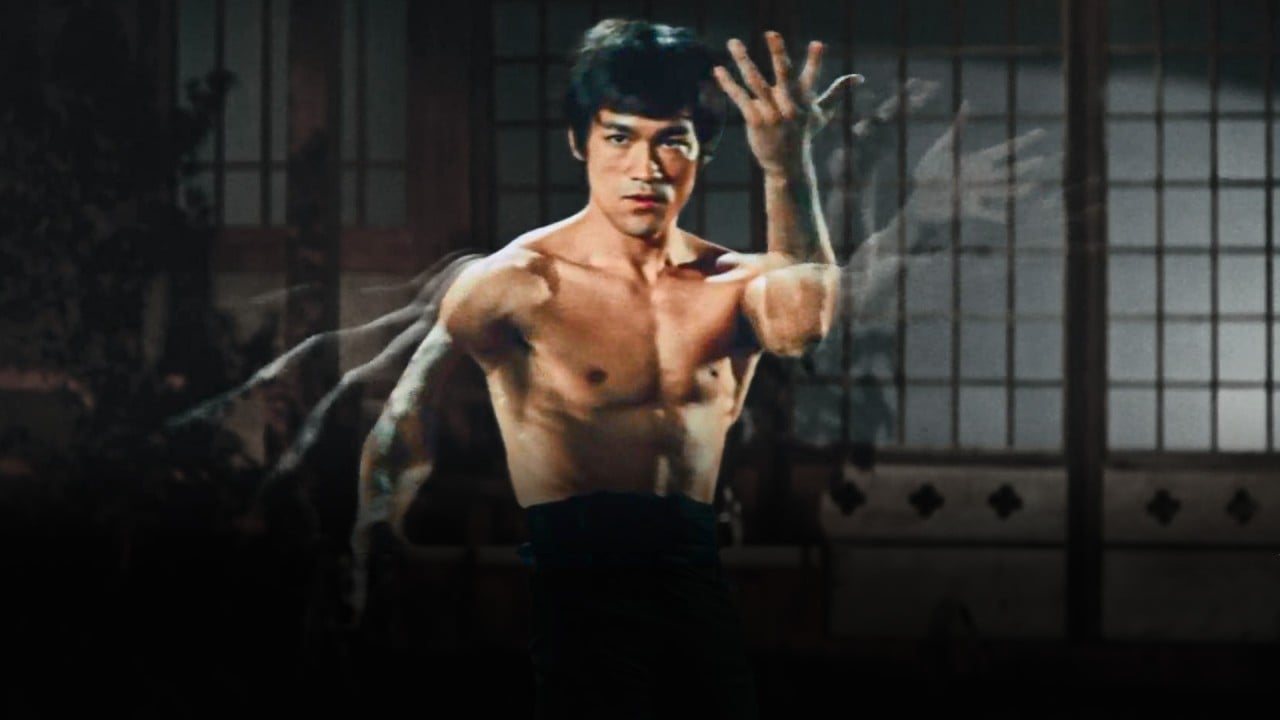
The actors who have played Bruce Lee, from Jason Scott Lee, Bruce Li and Danny Chan to Mike Moh, in rip-offs, fantasies, and biopics fake and real
- From the ‘Bruceploitation’ rip-offs that followed his death in 1973 to Quentin Tarantino’s Once Upon a Time in Hollywood, many films have portrayed Bruce Lee
- Actors from Jason Scott Lee to Hong Kong’s Danny Chan, Aarif Rahman and Philip Ng have played the martial arts icon. Will Ang Lee deliver the definitive biopic?
As the world demanded more Bruce Lee movies, unscrupulous producers scrambled to cash in on his fame, casting a swathe of unknown martial artists in films approximating those that had made Lee a household name.
These supposed biopics played fast and loose with Lee’s life story, folding in elements from his film roles, as well as skirting over – or omitting completely – details of his life that didn’t align with the producers’ image of Lee as a proud Chinese hero.
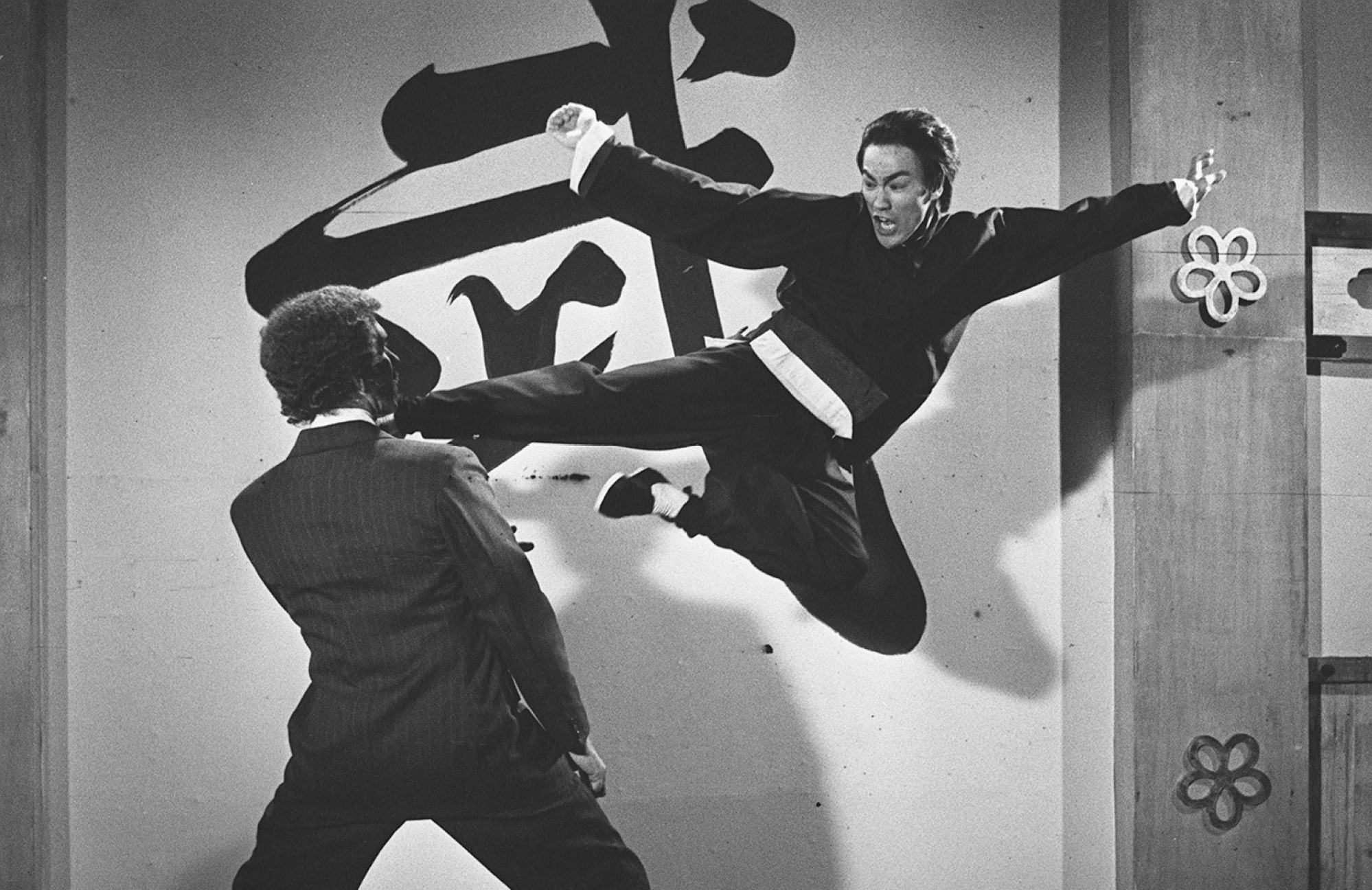
In reality, Lee spent a significant amount of time in America, going out of his way to teach martial arts and further Western understanding of its philosophies.
Also released in 1976, Exit the Dragon, Enter the Tiger casts Li as both Bruce Lee and his faithful disciple, who sets out to investigate his master’s mysterious death.
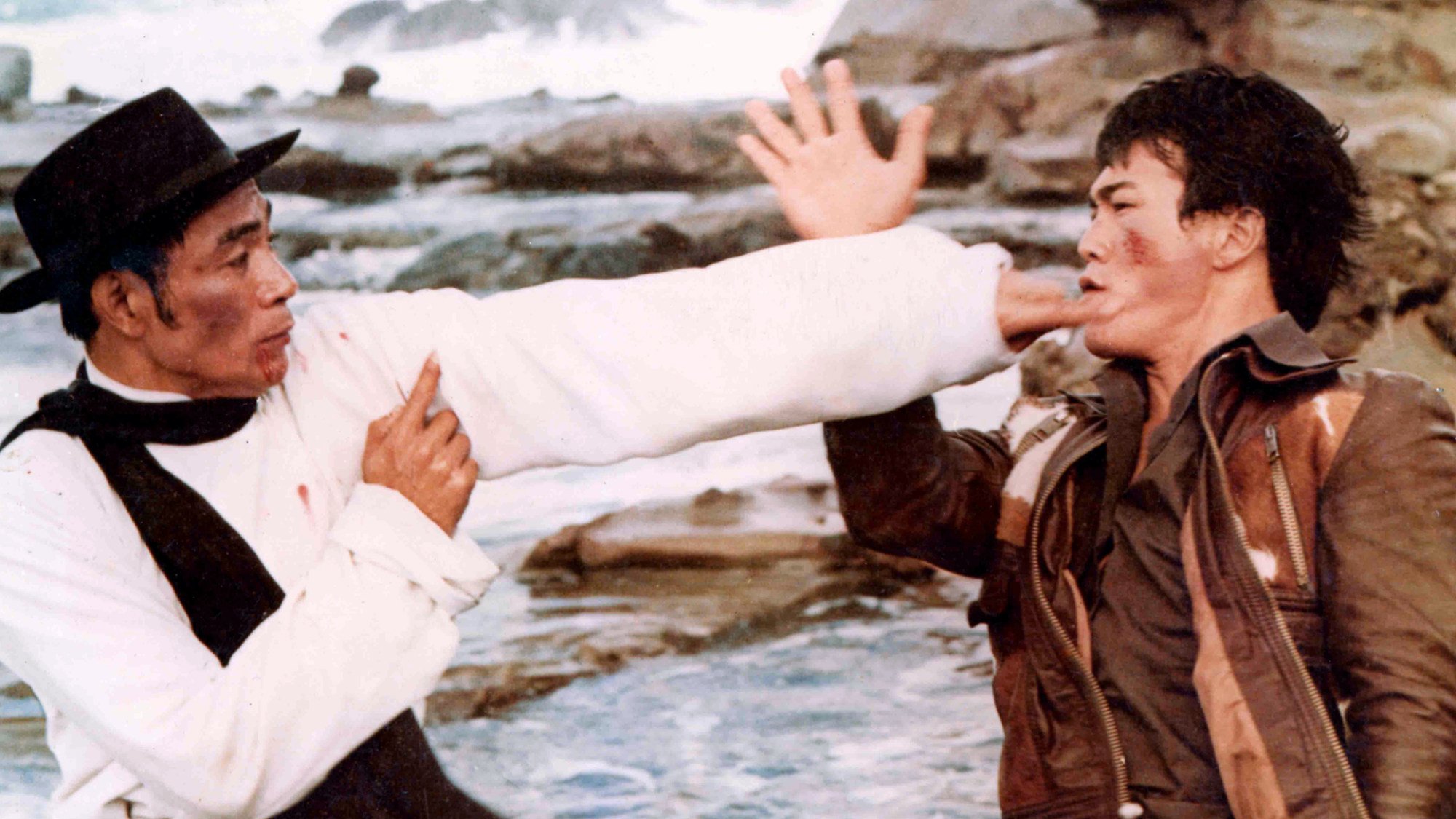
The year 1976 also saw Danny Lee Sau-yin play Bruce Lee for Shaw Brothers, in the sensationalist tell-all biopic Bruce Lee & I.
Chronicling his extramarital relationship with actress Betty Ting Pei – who appears as herself – this is less a martial arts exploitation film than an attempt by Ting to exonerate herself in the eyes of the general public, but the results are no more honourable than anything else that emerged during this era.
The following year, Leung Siu-lung played the Little Dragon in the infinitely more entertaining The Dragon Lives Again.
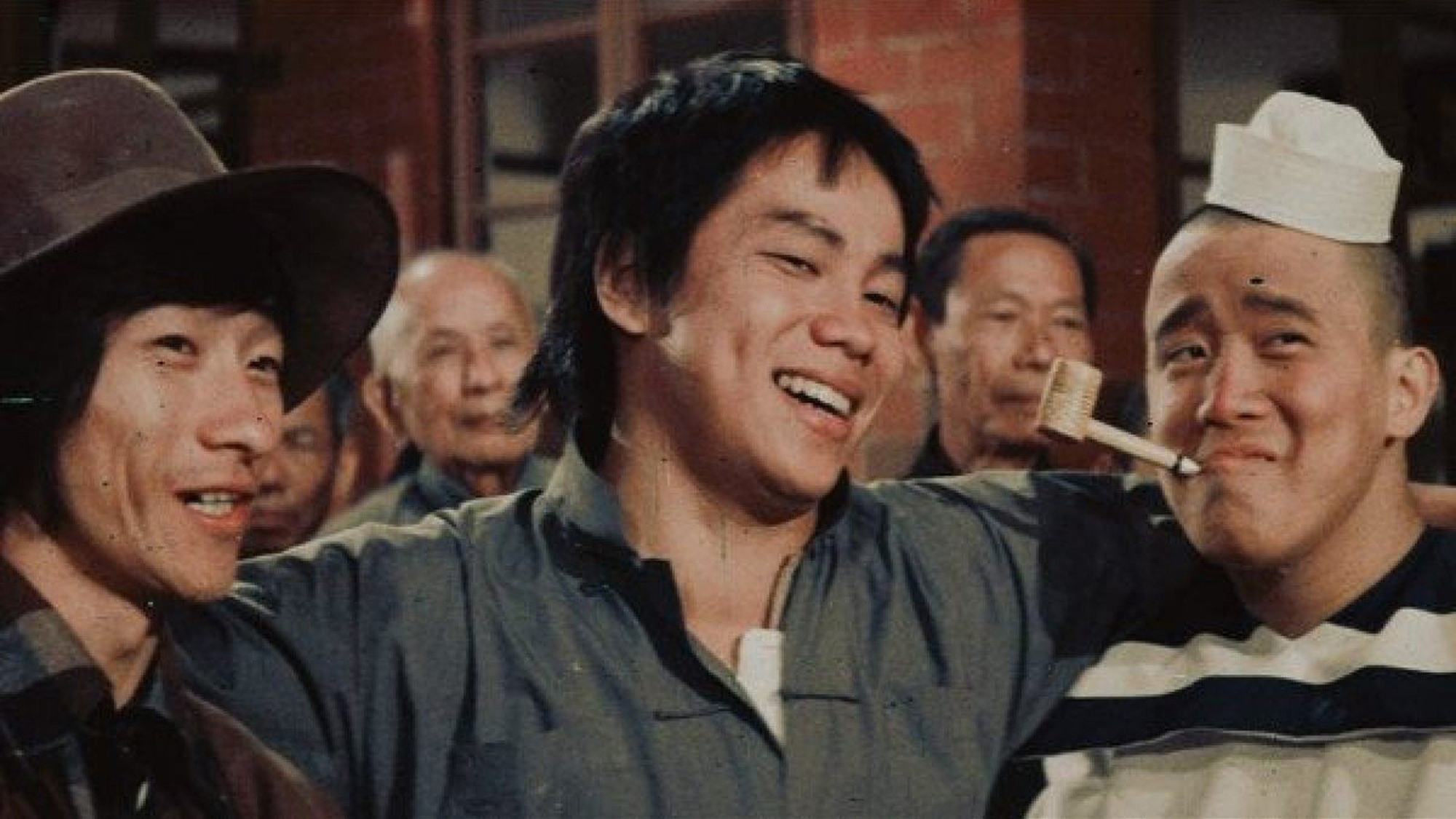
The film follows a recently deceased Lee into the underworld for a fantastical supernatural odyssey battling bizarre characters like Clint Eastwood’s Man with no Name, James Bond, and Dracula, seemingly cementing Lee as a cinematic icon of comparable stature.
This otherworldly reverence for Lee is also evident in Corey Yuen Kwai’s No Retreat, No Surrender (1985). This schlocky slice of Cold War hokum stars Kurt McKinney as a karate student and Bruce Lee fanatic, who is tutored from beyond the grave by the ghost of the great man himself, played by Korean martial artist Kim Tai-chung.
It’s a ridiculous role in a pretty creaky movie, but was a telling signifier that Lee’s mythos lived on, over a decade after his death, in a whole new generation of aspiring martial artists.
Adapted from Linda Lee Cadwell’s biography, Bruce Lee: The Man I only Knew, as well as Enter the Dragon director Robert Clouse’s book Bruce Lee: The Biography, the film follows Lee’s misadventures in the United States, romancing Linda (played by Lauren Holly) and battling his own inner demons.
It’s a strange blend of traditional biopic and fantasy, as director Rob Cohen includes numerous mystical elements in an effort to emulate Lee’s own films.
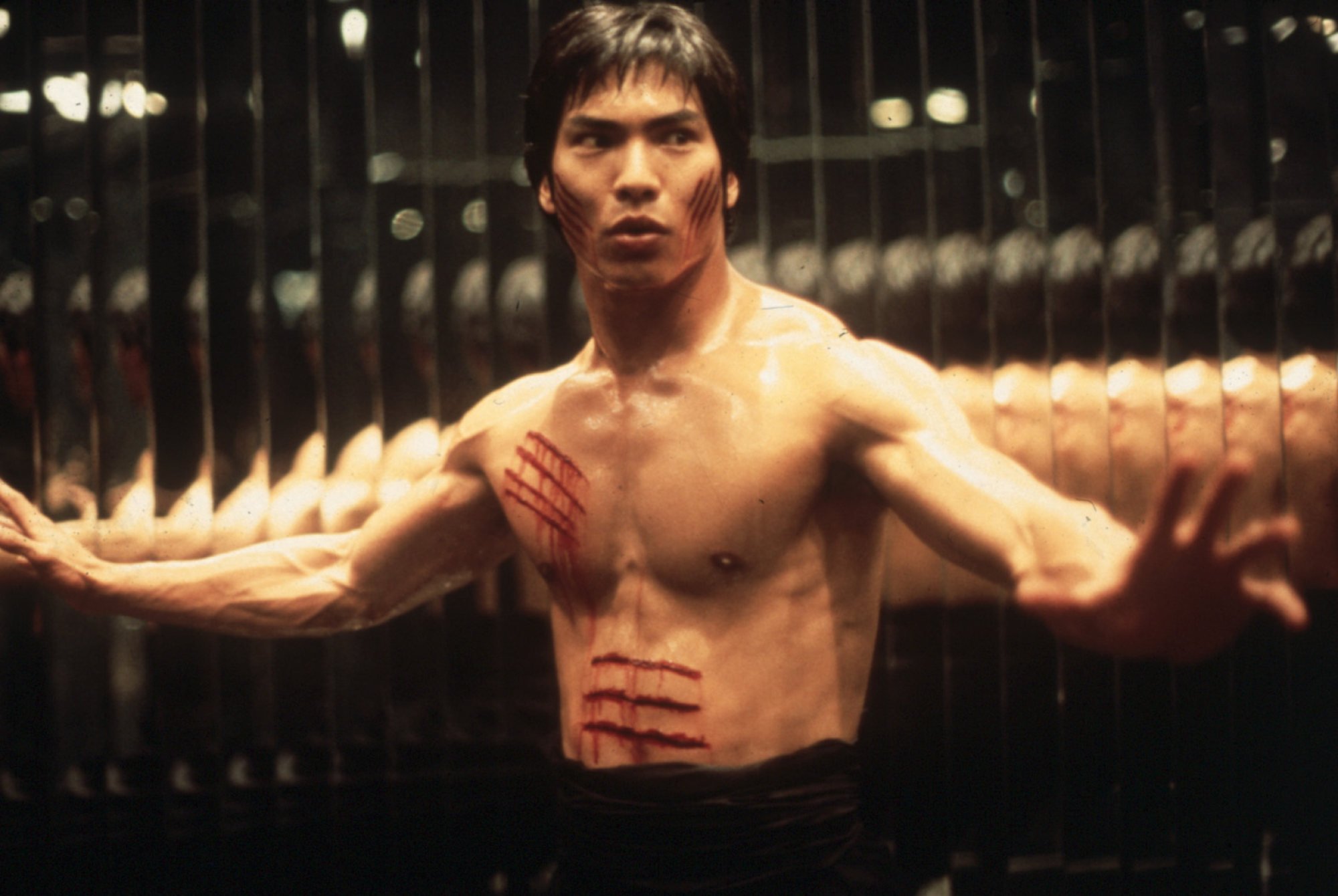
Dragon: The Bruce Lee Story was a commercial success but, in an uncanny echo of past events, opened just weeks after the death of Brandon Lee at the age of 28 on the set of The Crow.
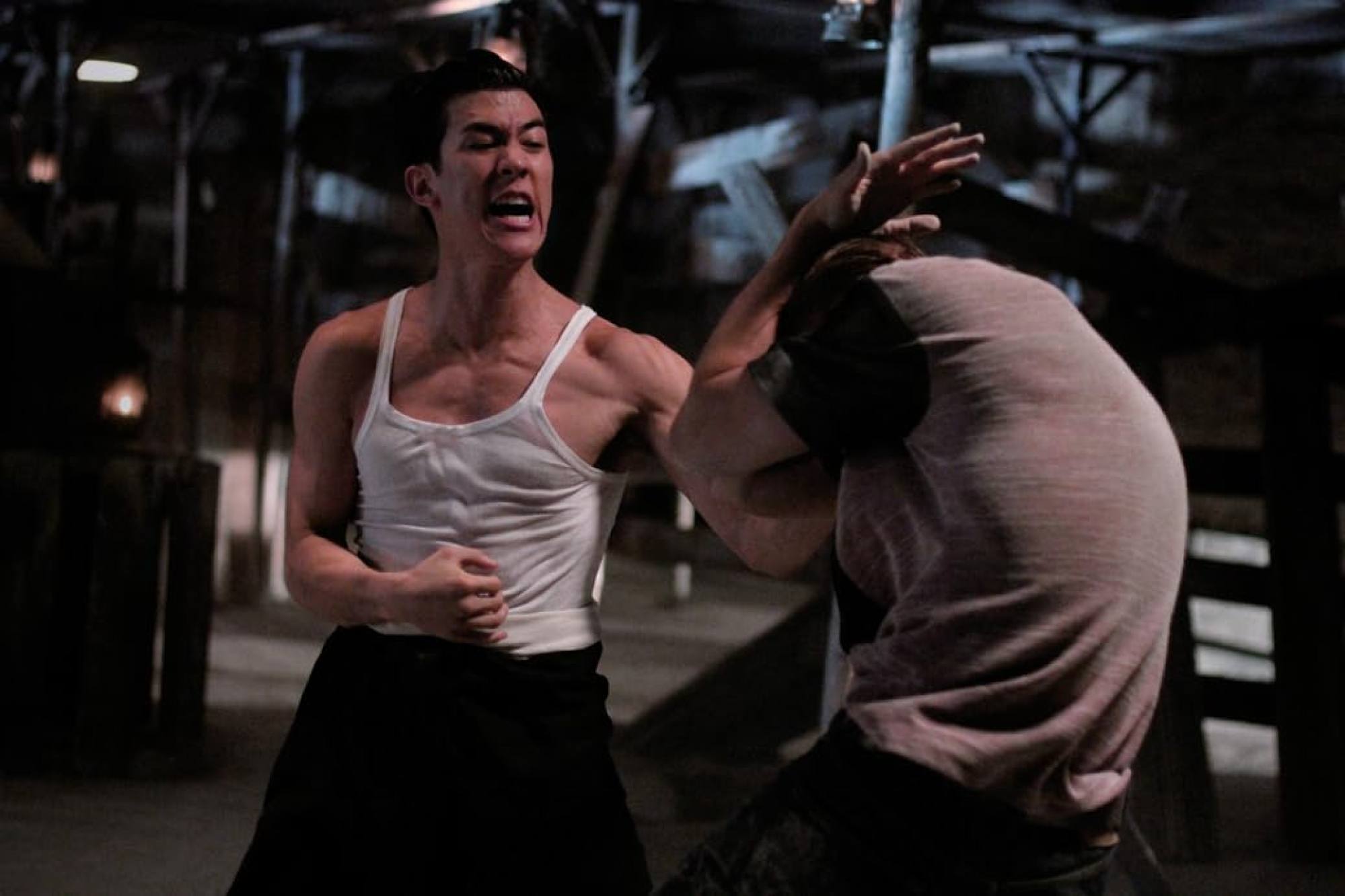
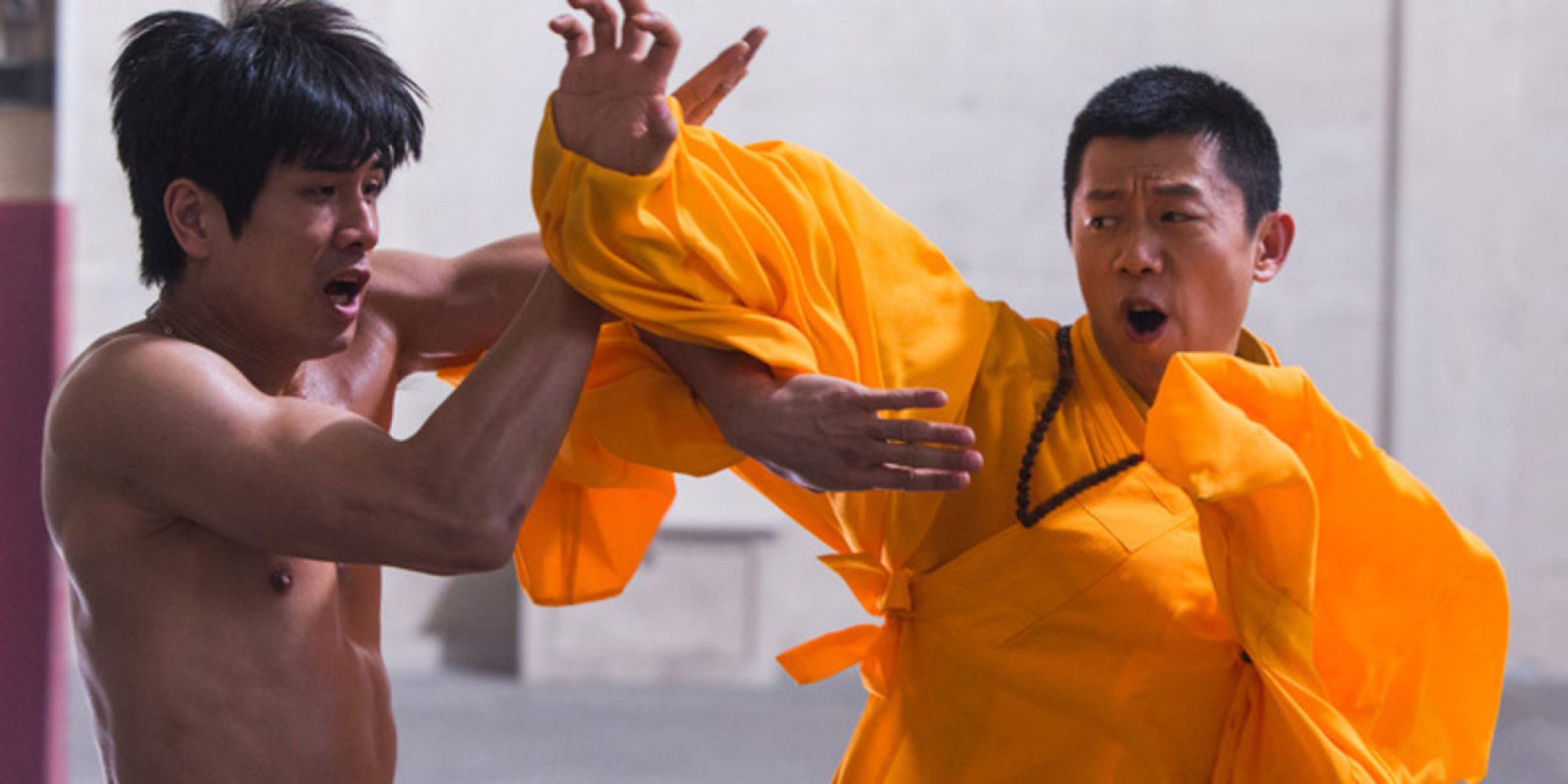
Lee would also appear, portrayed by Hong Kong action star Philip Ng Wan-lung, in the American martial arts drama Birth of the Dragon.
While the 2016 film was criticised for sidelining Lee’s story to chronicle the struggles of a white actor apparently based on Steve McQueen, Ng is not to be missed, standing as the most accomplished martial artist to assume the role in the modern era.
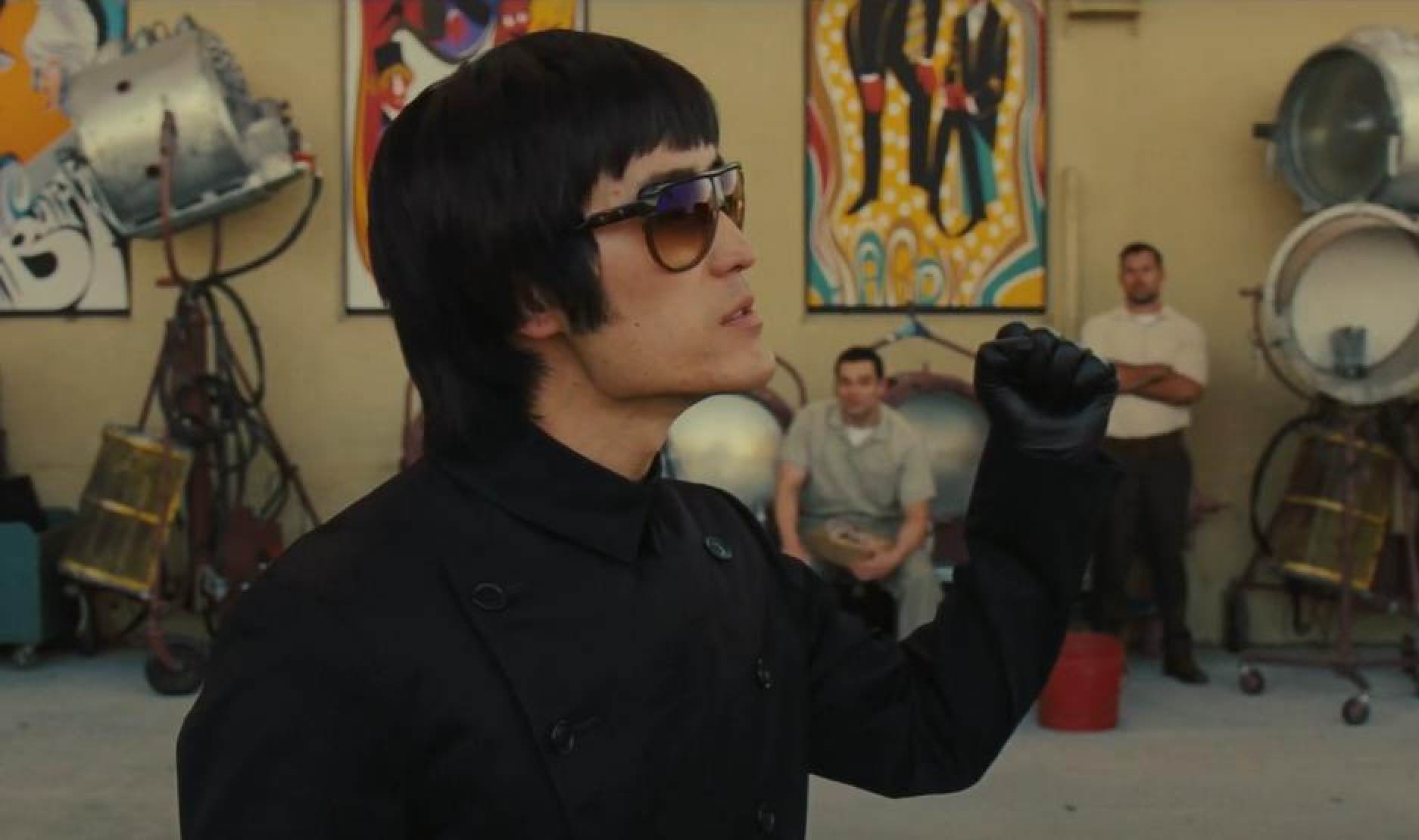
What is more evident than ever, 50 years after his death, is that the legend of Bruce Lee lives on, and has more strength and power than any character he played on screen.


